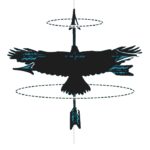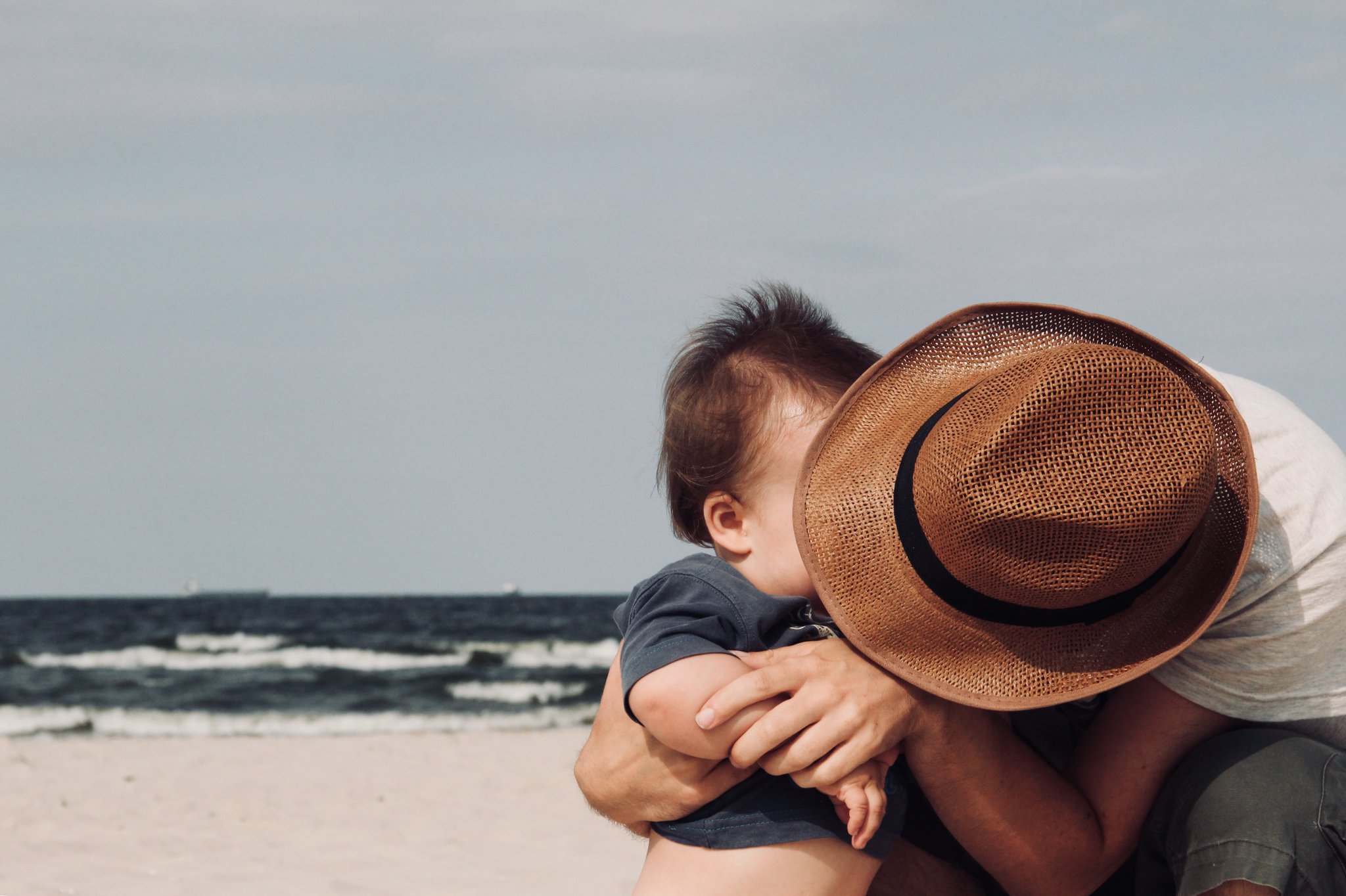Steve Edwards is author of the memoir BREAKING INTO THE BACKCOUNTRY, the story of his seven months as caretaker of a backcountry homestead along the Rogue River in Oregon. His writing can be found in Longreads, Literary Hub, Orion Magazine, The Rumpus, Electric Literature and elsewhere. He lives in Massachusetts.
 Artwork by: Dominika Roseclay
Artwork by: Dominika Roseclay
